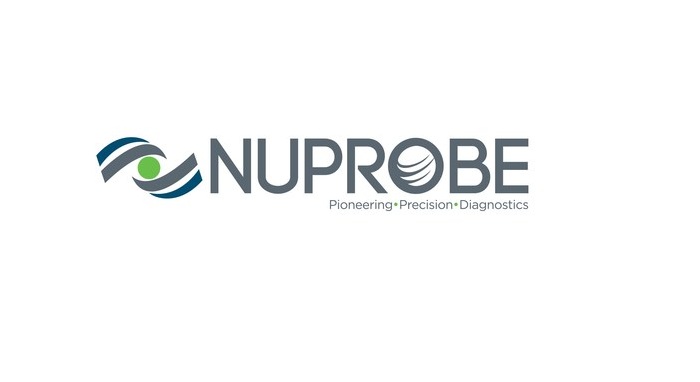NuProbe scientists and collaborators recently published a new method for sensitive detection of somatic mutations using Oxford Nanopore sequencing platforms. The method, termed oncogene concatenated enriched amplicon nanopore sequencing (OCEANS), enables rapid, accurate, and affordable detection of somatic mutations as low as 0.05% variant allele frequency (VAF). This novel research will facilitate the development of same-day, low-cost oncology panels for time-sensitive therapy selection and recurrence monitoring. The research article was published on September 6th in the peer-reviewed journal Genome Biology.
“Nanopore sequencing has been attractive to scientists with its ability to deliver same-day results, which has the potential to provide faster diagnosis and enable faster care. We have been investigating methods of applying nanopore sequencing in certain clinical settings, with a focus on sensitive cancer mutation detection where speed is of the essence,” said Dr. Lawrence Kwong, Assistant Professor of the Department of Translational Molecular Pathology at the University of Texas MD Anderson Cancer Center, and coauthor of the study, “The presented OCEANS method provides high sensitivity mutation detection using nanopore sequencing and can potentially help pave the way for developing same-day clinical sequencing panels and ultimately benefit patients.”
Although Next Generation Sequencing (NGS) has been powerful in high-throughput sensitive mutation detection, it can take several days to get results and has high instrument and consumable cost. Using the OCEANS method, nanopore sequencing improves upon many NGS approaches with long-read capability, short turnaround time, and low instrument and consumables cost.
The OCEANS method uses NuProbe’s blocker displacement amplification (BDA) technology to enrich low frequency variants and applies an innovative Stochastic Amplicon Ligation (SAL) method to concatenate short DNA molecules. The OCEANS method results in 100-fold greater sensitivity in calling mutations and higher throughput.
Using four distinct multi-gene OCEANS panels, the research demonstrated that the OCEANS method could achieve VAF limits of detection by nanopore sequencing at 0.05% to 1%, with only 10 hours from DNA to called variants. The authors also validated the OCEANS method on clinical tissue samples.
“On clinical FFPE tumor samples, this research shows greater than 99% concordance to Illumina NGS, but adds the benefit of a faster result,” said Deepak Thirunavukarasu, Ph.D., lead author of the study and a research scientist at NuProbe. “Ours is to our knowledge the first peer reviewed publication showing rapid detection of single nucleotide somatic mutations with low VAFs on the nanopore platform.”
“Both accuracy and timeliness are important to clinical decision making,” said David Zhang, Head of Innovation at NuProbe USA, Associate Professor of Bioengineering at Rice University, and corresponding author of the study. “NuProbe is committed to developing technologies to enable highly sensitive products with shorter turnaround time to aid precision oncology diagnosis and treatment.”


















